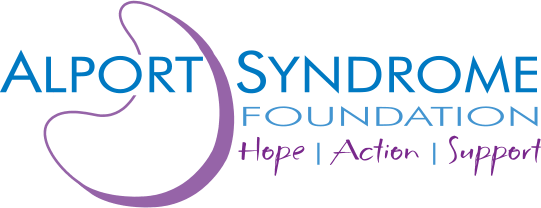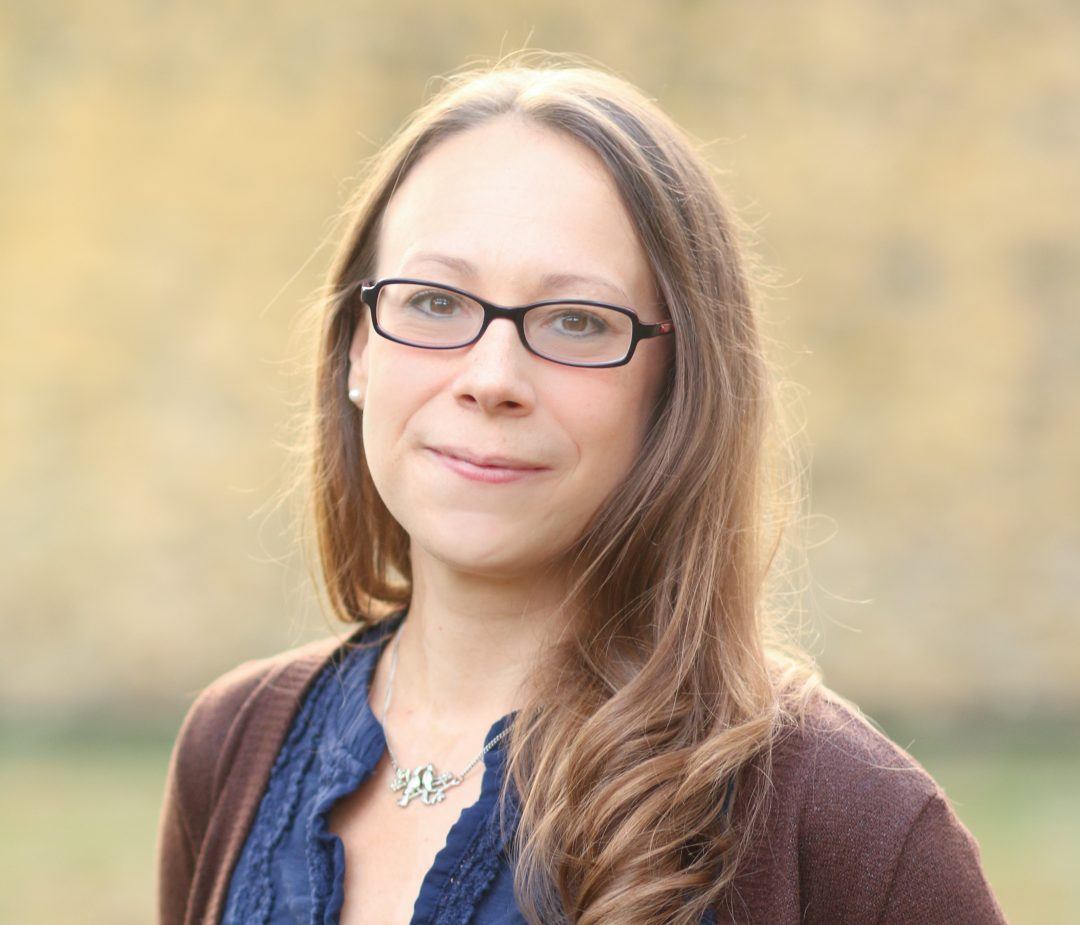Originally published January 2023.
I was raised knowing that two of my uncles (my mother’s brothers) had kidney disease and had undergone transplants in early adulthood. As females, the women of my family were told we were fortunate because although we might pass down this condition, we need not worry about the possibility of our own kidney health declining. Due to this generational legacy of misinformation, I had no idea where to turn when at the age of 26, I had repeated urine tests showing microscopic blood, as well as an alarming episode of gross hematuria (visible blood in my urine).
In an effort to find answers, I was passed from my general practitioner (who believed I had a common urinary tract infection), to a gynecologist, to a urologist, and finally to a nephrologist. I hadn’t thought to mention my uncles’ kidney issues until the nephrologist pressed me about my family history because it had been so thoroughly ingrained in me that females weren’t affected by it. Almost as an afterthought, I uttered the words “Alport syndrome” and without further hesitation, I was scheduled for a kidney biopsy at the local hospital.
I received a phone call at work in the days after the biopsy, confirming that I had in fact inherited the disease, which was evidenced by visible damage to my kidney tissue. The advice from my nephrologist was to stop taking NSAID medications and to come in for annual checkups. But despite this relatively benign advice, this diagnosis was shocking and a lot to process.
In starting to do my own research online, I found Alport Syndrome Foundation (ASF) and attended a small family meeting in Philadelphia. Just being in that room with experts and other families coping with the same disease (the first people I’d ever met with Alport outside my own family) made a huge impact on me. Not only were there experts I could talk with and ask all of my questions, but I finally felt supported and seen for the first time since my diagnosis.
Since this time, I have gone through the rigors of pregnancy as a “high-risk” patient and now have a son who is the light of my life and happens to share my condition. Parenting a child with a rare, progressive disease has come with its own unique challenges – doubling the nephrology, audiology, ophthalmology, and lab visits I already had to endure for myself, but also in terms of the immense effort and fortitude needed to be an advocate to obtain the best possible care for us both.
If it hadn’t been for the nephrologist who pressed me about my family history and ordered a biopsy, I would be totally in the dark about this condition in both me and my son. And without this information, we wouldn’t have access to the preventative care and treatment that we do today. Through my role at ASF, it is my mission to provide the same understanding and support that I first received as a newly diagnosed patient, and later as a new mom, to those in the Alport community.


